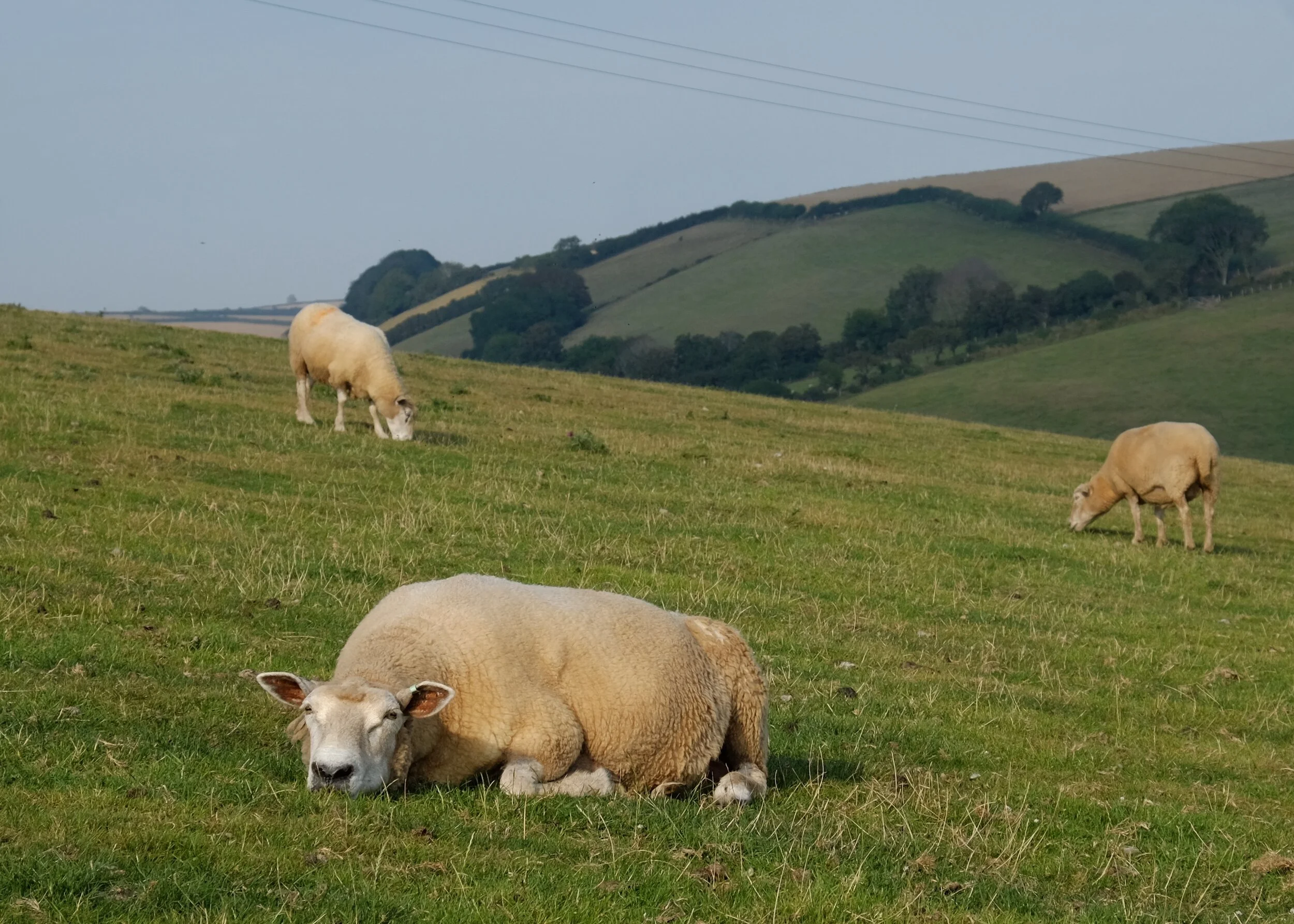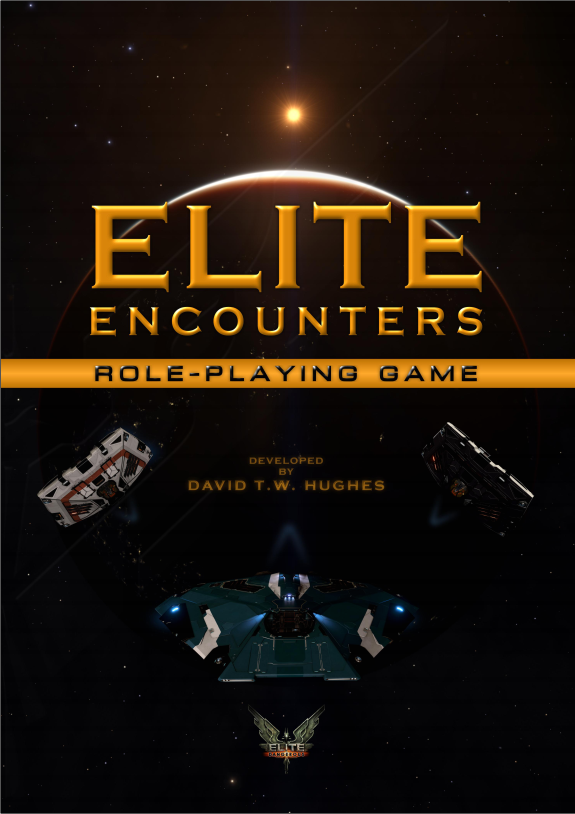At the end of March 2017 I signed up for a short story competition. It was a competition that involved two of my favourite things in writing: Flash and Science Fiction.
The premise was relatively straight forward: At 10am on April 8th, the Sci-Fi London guys would send me a title, a line of dialogue and a scientific premise to weave into a story. The story could be no longer than 2000 words and would need to be submitted by 10am on Monday, 10th.
Brilliant, thought I, two days to write 2000 words? Not a problem.
On April 6th, my boiler blew up and threw the house and my plans for the weekend into total chaos. It was not looking good for my entry to the competition.
April 8th duly came round and my Title and other details became available. The title was, in my mind, utterly uninspiring, indeed, it made no sense. 'Flow Me All' was the title I'd been given. Throw in a truly awful line of dialogue and I was pretty much done with the whole sorry idea. In frustration, I went outside to dig my garden up for the next four hours (having promised the guys coming to fit the new boiler that I would clear it sufficiently of brambles, ivy and jasmine so that they could lay a new gas pipe).
Turns out four hours of digging, scraping, cursing, being cut and jabbed gives the subconscious mind a chance to muse on the writing challenge it had been presented with. I came in from the garden, cleaned my aching hands and dumped a short story into my computer. 1800 words in less than 2hrs. I went about the rest of my day, came back to it later that evening and edited it as best I could. It crept up to 1850 words and, knowing I didn't really have time to fiddle, and fearing more boiler frustrations would make me forget to send it, I packaged it up and emailed it.
Sci-Fi London received over 400 short story entries and, at the time of writing, have not yet presented their short-list. I'm really not expecting to be on it. I was just really pleased that I managed to come up with something in response to an uninspiring title. I'm pleased with the story, especially given all the constraints imposed by life and the competition itself.
So here it is, 'Flow me All'.
(I'll let you guess, what the line of dialogue was that I had to include)
FLOW ME ALL
Dan waited patiently in the Reception of Unit 4. He stood with his arms behind his back staring at the name that glistened in the Hologlass:
Nicola Jefferies – Head of Sanitation.
He wondered how long she would make him wait today. Four minutes was her average. He turned his head slightly, catching the eye of the girl behind her desk. She dipped her head immediately, refocusing her vision on the data filling her eyepiece.
“You are distracting my trainee,” said the wall mounted ‘Bot, swinging its sensor in his direction. “Can you desist please?”
“Desist from being male?”
The door slid open before the ‘Bot could respond.
Four minutes. She was getting predictable.
He stepped inside and the door slid shut behind him. He was not offered a chair. He wouldn’t have taken it even if it had been.
“You know why you’re here of course?” she said as Dan stood to attention.
Dan nodded. The question was rhetorical. He noted the modulation to her voice, she’d taken another enhancement perhaps? Sub-vocal transmitter? To go with her cybernetic eye from last year? Perhaps she was worried about an up-and-coming junior? Or a new ‘Bot? He’d heard the Series 7 was pretty special.
The air between them lit up in response to a tiny click she made in her throat, confirming his suspicions about the enhancement. The image was a 3D map of the city. It panned and zoomed, bringing them down to street level. Street and ‘Bot sensor feeds of the incident were overlaid on the scene, before the view plunged underground, into the old drain and sewer system, where the only useful sensor overlay became that of Dan’s own visor.
In response to another click, time accelerated.
“How long did the chase last?”
Another rhetorical question, but Dan answered it anyway. “One hour and six minutes.”
It was for the six minutes that he was here.
“Getting sloppy in your old age?”
“No. There were more bugs than normal and they’ve changed tactics.”
“Nothing in our studies of them has given us any indication that they have sufficient mental capacity to have ‘tactics’, despite your repeated claims.”
“I’m sure that’s true, and yet, tactics they have, and those tactics have changed.”
She tutted, partially masking another throat click.
They watched the closing scene of the chase. There were minimal additional sensor overlays now. There was little need to have sensors actually in the Flow Me district, at least not official ones. Nobody worried about male-on-male crimes and their sub-dermals tracked and updated their positions to the authorities.
Except in the sewers of course.
The visor feed showed Dan emerging from a drain and running towards a nearby building. The view became unstable as he raced up a fire escape and in through a window on the fourth floor. A bug was still pulling itself out of the toilet bowl when Dan hit it with the containment field. The bug writhed furiously, managing to break free where the field was struggling to mesh with the ceramic of the toilet bowl. Dan had immediately cranked the field up to max and it had collapsed, crushing the bug, squeezing it out through the collapsing mesh like pushing jelly through a colander. Dan’s visor was covered in a sticky innards and the view was killed, both then and in the office now.
“A failed containment and six minutes over our Guaranteed Service Delivery maximum process time.”
“Indeed. I’ve had better days. One small consolation is that the apartment resident, Phil 16, is a former Sanitation Specialist. He seemed to take things rather well.”
“Yes, quite. We have an audio only transcript of his reaction ‘Geez, what the hell did you do to my bathroom, it looks like you exploded the Dulux dog in there.’ Somewhat of an understatement considering we had to send in a level five decontamination team to remove all traces of bug contamination. The City will, of course, be extracting the cost of this from your Awards and Privileges.”
Dan nodded. He performed a quick mental calculation of his current Awards given he’d moved back to Flow Me rather than keep his entitlement of a Main City apartment. He winced internally when he subtracted the value of a level five team from it. Things were going to be tight for a little while. The important thing was, he’d still have enough to keep his boys at their academy, he didn’t want them coming to him in Flow Me until they’d finished their training next year. A partial trained Sanitation Specialist was an expensive nobody.
He let out a slow calming breath as Nicola continued to talk at him.
“You’ve had your medical clearance I see. No additional signs of infection or mutations other than those previously logged it would seem. Phil 16, also given the all clear.” His results and DNA profile flashed up above the desk in the space between Dan and his superior. “His mutations are at acceptable levels too. You do realise that the cost of that will also be deducted from your Awards?”
Dan didn’t, but nodded and smiled anyway.
“Very well. Dismissed.”
*
Dan reached ground level and headed for a transport hub before he remembered his Award situation. He’d have to walk back to Flow Me. If there was an incident, they’d send a Sanitation Unit to his location and pick him up.He kept his eyes straight ahead as he walked. He ignored the stares and the gasps. “A man here? Outrageous!” he heard one female say to her companion. The companion seemed less outraged. He knew that look. Curiosity with a small side order of lustfulness. He was forbidden fruit and the attention made him uncomfortable. Give him a bug any day.
The smell of bugs was strong here. He knew that’s what his mutation was. He knew that’s how he tracked them. That was another reason he’d moved back to Flow Me, no bug smell. The bugs did not live under Flow Me. That made him curious. He’d asked the question several times but they just smiled, as if his little male brain might not be able to cope with the answer, or that he’d asked a question that was so silly in nature that even its very utterance was the source of amusement.
He was grateful for the rain which started as he walked. It emptied the streets, and pulled the smell out of the air and down into the gutters. Down into Bugland.
He preferred it down there. Fewer sensors watching his every move. Down there he wasn’t the inferior. Down there he was untracked and free.It was growing dark as he crossed the park that separated Flow Me from the rest of the city and, as the tree canopy thinned, there was the ‘FLOW ME ALL’ sign, glowing red in the darkness.
Home.
The spacing between the letters and words was jarring. He guessed that was a deliberate choice now. He remembered when it used to say ‘THE FOLLOWING OF MEN IS NOT ALLOWED’
It had fallen into disrepair, only ‘F L OW ME ALL’ remained illuminated. It had become a tourist attraction, ‘I got me some Flow me’ street slang for a female who had dared to visit a man for pleasuring in the traditional, biological way, rather than the recommended cerebral stimulation followed by synthetic womb pregnancy if so desired.
Dan had tried that, just the once, despite the woman’s best efforts she’d fallen pregnant, with twins. A month’s worth of illicit Awards as payment had quickly paled into insignificance compared to the costs of keeping two boys at a training academy. He’d had to pay for it of course, the pregnancy had been his fault after all. He had seduced a sweet and innocent young woman the court had declared. That’s not how he remembered it, but his opinion didn’t count for much, then, or now.
He entered his apartment, dumping his wet clothes in the cleaning and drying unit on the way to his small office. He slid back a panel in the wall and removed some cabling, hooking up a small terminal to a socket that looked crudely attached to the cable.
The terminal began to bypass the minimal security on the Dataflow. While his actions were illegal, so was the cable itself. He was grateful that his neighbour in the apartment above was so popular with the ladies. Happy to do their bidding via illicit streaming for the sake of a few Awards and Privileges.
Piggybacking the signal, he jumped across feeds, back-tracing towards Unit 4’s Medical Section. He logged in via a test account he’d found left on the system months ago and began to dig.
DAN 33 SANITATION SPECIALIST
The phrase ‘Sanitation Specialist’ still made Dan smile. He was a specialist in sanitation in the same way an outlawed, old-fashioned butcher had been an animal welfare specialist.
PHIL 16 SANITATION SPECIALIST (RETIRED)
The terminal was struggling with the datafeeds. It was not designed to handle the multi-dimensional datastack, but Dan was getting good at down-selecting data even when he couldn’t see all the menus due to their failure to render in 2D.
He looked at the two DNA profiles, his own and Phil’s. He saw now what he had seen, briefly, in the office. He asked Unit 4’s Medical AI to confirm his suspicions. The Medical AI was happy to oblige.
The chance of Phil 16 not being Dan’s paternal grandfather were so remote, they were effectively zero.
This explained a lot about grandma and the attitude of the family towards her, towards Dan’s father and, when he was old enough to notice, towards Dan himself. Not only had she dared to get pregnant ‘the old fashioned way’ but it would seem Dan’s grandfather, her companion at the time, wasn’t actually his grandfather.
How many Awards, how much power, had his family had to relinquish to keep that one quiet Dan wondered. It would certainly explain their meteoric descent from the upper echelons of the new post-Man world order.
He looked at the DNA data again on the terminal which was trying its best to render it. However poorly that rendering was, the mutation was as obvious as it was identical. Dan had not acquired his bug mutation through an early, on-the-job, scratch or a bite, it had come to him via his grandfather, and that grandfather had been Phil 16. Not a carefully selected synthetic sperm.
Dan wondered if this is why his bloodline was cursed and still producing males.
Bug sniffer and Male-Maker.He disconnected, hiding the terminal before sliding the panel back over the data cable.
He put his clean and dried suit back on. He was heading back to the sewers under Flow Me. There were rats, not bugs, in the sewers here. He was hungry and had a sudden appetite for real meat.
He would manage without his Awards just fine.
Tomorrow, bug incursion notwithstanding, he would pay a visit to Phil 16. They had a lot to catch up on.














